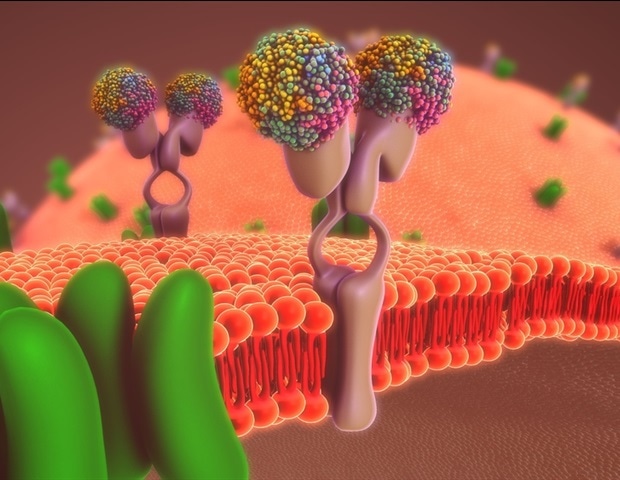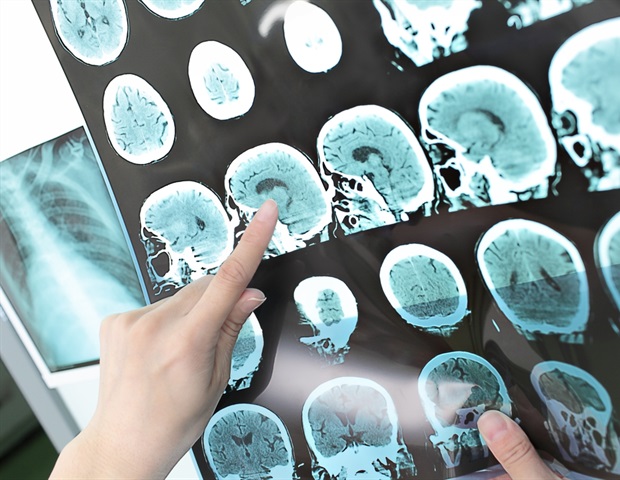Researchers at Uppsala University have analyzed the effects of seven different hormone treatments for menopausal symptoms on the risk of blood clots, stroke and heart attack. The study, which involved around one million women aged between 50 and 58, shows that the risks differ depending on the active substance and how the medicine is taken. Published in the scientific journal BMJ, this is the largest and most comprehensive study of currently prescribed hormonal substances in the world.
There is concern among women that menopausal hormone therapy increases the risk of cardiovascular disease. This concern is based on older studies conducted more than 20 years ago that only looked at one type of treatment. Since then, many new preparations have been introduced and our study shows that the previous conclusions do not apply to all types of treatments."
Therese Johansson, Postdoctoral Researcher and Study Lead Author, Uppsala University
Most women go through menopause between the ages of 50 and 60. Levels of the hormone estrogen fall sharply, increasing the risk of osteoporosis. The low levels can also contribute to health problems such as hot flushes, mood swings and difficulty sleeping. To counteract these health effects, women may be prescribed hormone replacement therapy involving medicines containing hormones or hormone-like substances.
In Sweden alone, hundreds of thousands of women currently use hormone replacement therapy and this type of treatment has been available since the 1970s. At that time, there was only one type of hormone replacement therapy and when a major study in the 1990s showed that it increased the risk of cardiovascular disease, its use rapidly declined. Since then, new preparations have entered the market, and following this, the use of hormone replacement therapy in connection with menopause has increased significantly in recent years.
In the new study, the researchers looked at seven different types of currently used hormone replacement treatments, administered via tablets, hormone patches or hormone-releasing IUDs. The study is based on all prescriptions for hormone replacement therapy in Sweden from 2007 to 2020 and covers nearly one million women aged 50 to 58. The women were monitored for two years after starting hormone replacement therapy. The risk of blood clots and cardiovascular disease was compared between women who had and had not collected a prescription medicine for hormone replacement therapy.
The results show clearly that the risks of hormone replacement therapy vary depending on the type of treatment.
For example, the synthetic hormone tibolone, which mimics the effects of the body's natural hormones, was linked to an increased risk of both heart attack and stroke, but not to an increased risk of blood clots. The risk of heart attack or stroke due to tibolone is estimated at one in a thousand women.
Combined preparations containing both estrogen and progesterone instead increase the risk of blood clots, including deep vein thrombosis. Blood clots form in the veins and can break loose and travel with the circulation to the lungs, leading to pulmonary embolism. The researchers estimate that the risk of deep vein thrombosis resulting from this combined preparation is about seven per thousand women per year.
"It is important that both doctors and women are aware of the risks of menopausal hormone therapy and, in particular, that the existing drugs carry different risks of blood clots and cardiovascular disease. Tibolone in particular was associated with an increased risk of stroke and heart attack. Tibolone is used in Europe but is not approved in countries such as the United States. We hope that our study will lead to the drug being withdrawn from use here as well," says Åsa Johansson, research group leader at Uppsala University and SciLifeLab, and the study's senior author.
During the period of the study, 2007–2020, an increase in the use of hormone patches of about 50 per cent was observed, and these preparations were not linked to the same higher risk. The increased use of safer alternatives, such as patches, is an important step forward in reducing the risk of cardiovascular disease among menopausal women.
"The next step in our research will be to develop strategies to identify which women are at increased risk of certain diseases in connection with using hormonal drugs. In this way, we can guide patients to the most appropriate medicine for each individual and drastically reduce the number of side effects," Åsa Johansson says.
Source:
Journal reference:
Johansson, T., et al. (2024) Contemporary menopausal hormone therapy and risk of cardiovascular disease: Swedish nationwide register based emulated target trial. BMJ. doi.org/10.1136/bmj-2023-078784.

 6 hours ago
2
6 hours ago
2















.png)

.png)
.png)
.png)













 English (US) ·
English (US) ·  Hindi (IN) ·
Hindi (IN) ·